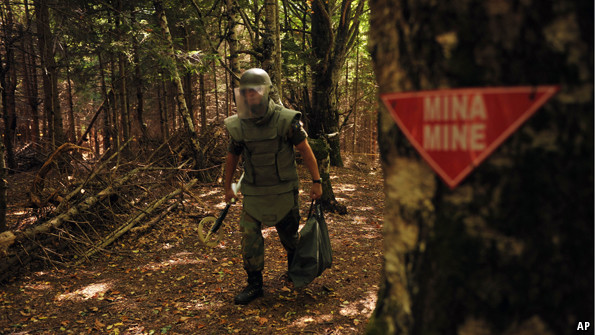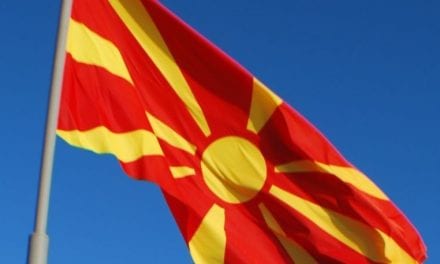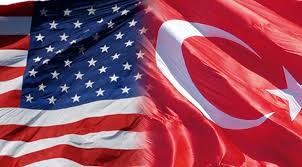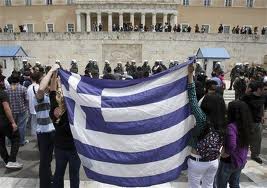SCARCELY a week goes by in Greece without new allegations of corruption in the public sector. This time it was the foreign ministry’s turn, after a 20-month police investigation found evidence of the widespread misuse of funds provided to about 600 Greek NGOs working overseas, mainly in the Balkans, between 2000 and 2008.
Most of the NGOs were set up with the approval of George Papandreou, then foreign minister (and later prime minister), under the umbrella of Hellenic Aid, Greece's overseas development programme. Part of their aim was to cement Greek relations with the emerging democracies of the western Balkans following the Kosovo conflict. A then-prosperous Greece offered €600m ($825m) of development aid to its struggling neighbours. Almost €87m went to the NGOs while Mr Papandreou was minister between 2000 and 2004; about €30m is still unaccounted for, according to investigators.
One organisation, the International Mine Initiative (IMI), set up to remove landmines in Bosnia, Lebanon and Iraq, has come under particularly close scrutiny. IMI claimed on its website to be “a world leader” in de-mining operations. But it is unclear how many of the eight de-mining programmes undertaken with €9m of foreign-ministry funding were actually completed. On February 17th the IMI's former director, Kostas Tzevelekos, who now works for the newspaper of Mr Papandreou's socialilst Pasok party, was jailed to await trial on charges of fraud and embezzlement. Three serving diplomats linked to Hellenic Aid also face possible charges, including Alex Rondos, formerly Mr Papandreou’s chief Balkan adviser, who now works for the European Commission.
Some of the funds allocated for de-mining may have served another purpose, according to security analysts in Athens. IMI is suspected of helping to protect Radovan Karadzic, the former Bosnian Serb leader now on trial for war crimes at the International Court of Justice in The Hague, while he was on the run from NATO forces. Dusan Tesic, a former member of Mr Karadzic’s security team, was hired by IMI as an “enforcer” for one of its programmes in Bosnia. Soon afterwards, IMI replaced its local multi-ethnic team with workers from UNIPAK, a Bosnian Serb company with ties to Mr Karadzic’s former police minister. Mr Tzevelekos said in 2005 that he knew Mr Tesic but denied employing him.
Hardline Pasok activists were strong supporters of the Serbs during the Yugoslav succession; during the premiership of Mr Papandreou’s father Andreas, the party's founder, Pasok provided financial and technical aid to the regime of the late Slobodan Milosevic. Until he became a fugitive, Mr Karadzic was welcomed by Greek officials when he visited Athens.
Mr Papandreou and Mr Rondos both deny wrongdoing in the NGO scandal. As foreign minister, Mr Papandreou distanced himself from his party’s pro-Serbian faction. After he became prime minister in 2009, with Greece’s economy on the point of collapse, he ordered a foreign-ministry probe into the NGO’s activities. Its findings were used in the police investigation. Mr Rondos said he regularly urged NGOs working in the Balkans to improve transparency.
Yet the scandal is an embarrassment for Mr Papandreou, now a Pasok backbencher. It could damage his chances of making a political comeback. And there will be more heckling from Greek students attending his talks at universities in Britain and America. He will have to watch his step.



















